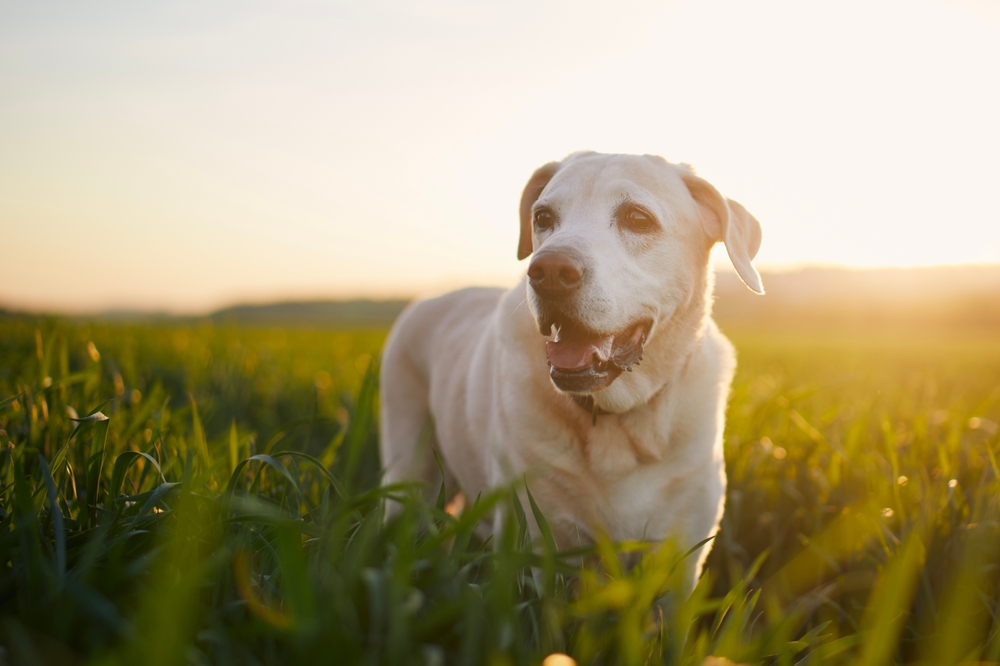
Watching a beloved pet age can bring mixed feelings. Questions pop up like “Are they suffering?” or “Am I doing enough?” These thoughts can fill your mind. It is okay to feel this way as you care for your senior friend.
Recognizing the Signs of Aging in Pets
Animals age faster than humans, and changes often happen gradually. Dogs and cats are called “senior” when they reach about seven years old. Larger breeds may show signs of aging even earlier. Common shifts include:
Less energy for walks or play.
Stiffness, especially after resting.
Weight gain or loss without diet changes.
Cloudy eyes or trouble seeing in dim light.
Accidents outside the litter box or potty area.
These signs may not indicate illness, but a vet visit is a wise choice. Early detection of issues like arthritis, kidney disease, or diabetes can enhance quality of life.
Why Regular Veterinary Visits Matter More Now
Regular checkups twice a year are crucial for aging pets. Blood tests and other screenings can catch issues early. For instance, a dog with rising kidney values may need a dietary change. A cat with hyperthyroidism might benefit from medication.
The AVMA notes that most pets over three have dental disease, which can worsen with age. Routine cleanings will help prevent pain and infections.
Adjusting Your Pet’s Diet for Their Changing Needs
As pets get older, they burn fewer calories. They might not need as many carbs. Look for pet food made for seniors. These formulas often have higher protein for muscle and added fiber for better digestion.
Keeping Senior Pets Active (Safely)
Movement keeps pets healthy and sharp. Older dogs might like short swims better than long runs. Cats with arthritis may enjoy slow play with feather toys. Please pay close attention to signs like panting or limping; these mean they need a break.
Mental Health: Fighting Boredom and Anxiety
Cognitive decline can be tough for senior pets and their owners. You may see signs like confusion or extra noise at night. Taking care of your furry companion’s mind is essential. Try interactive toys or gentle training to keep them engaged.
Making Your Home Senior-Pet Friendly
Minor tweaks create a safer environment:
Place beds on every floor to avoid stair use.
Use shallow litter boxes with low sides for easy access.
Provide orthopedic beds with memory foam.
Keep food, water, and sleeping areas close together.
Pets with vision loss rely on scent and sound. Avoid rearranging furniture and use verbal cues to guide them.
Knowing When to Say Goodbye
This is the hardest part of loving an aging pet. Signs like refusing food, struggling to breathe, or hiding for days may indicate suffering.
Your vet can help you assess their quality of life using tools like the HHHHHMM scale. This stands for Hurt, Hunger, Hydration, Hygiene, Happiness, Mobility, More Good Days Than Bad. While letting go is painful, it is sometimes the kindest choice.
Caring for a senior pet is a special journey. You may feel a mix of joy and concern. Watching them slow down can be hard. Small changes now can help them enjoy these years even more.
For more on senior pet care, visit Animal Care Experts Veterinary Hospital at our Thompson, Connecticut, office. Call (860) 935-0304 to book an appointment today.
https://www.avma.org/resources-tools/pet-owners/petcare/senior-pets
https://www.humaneworld.org/en/resources/caring-older-dogs-and-cats






